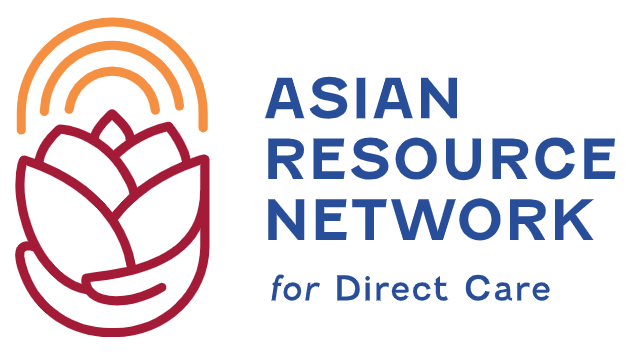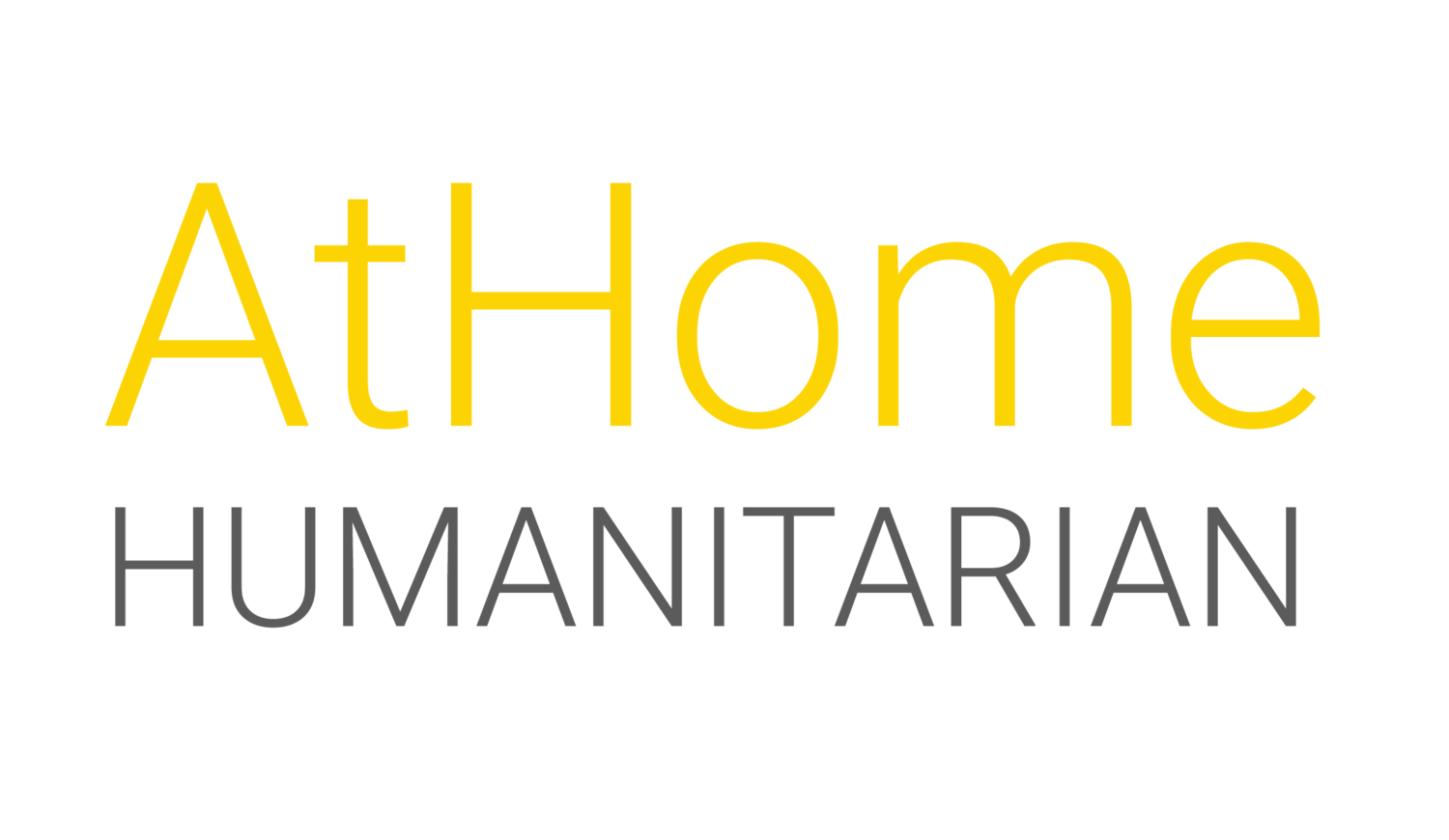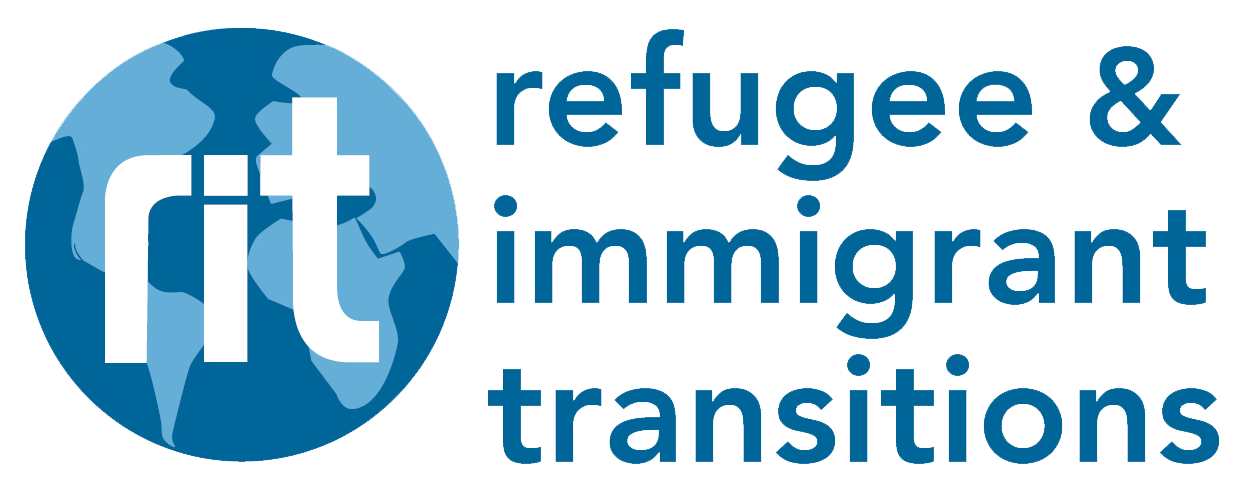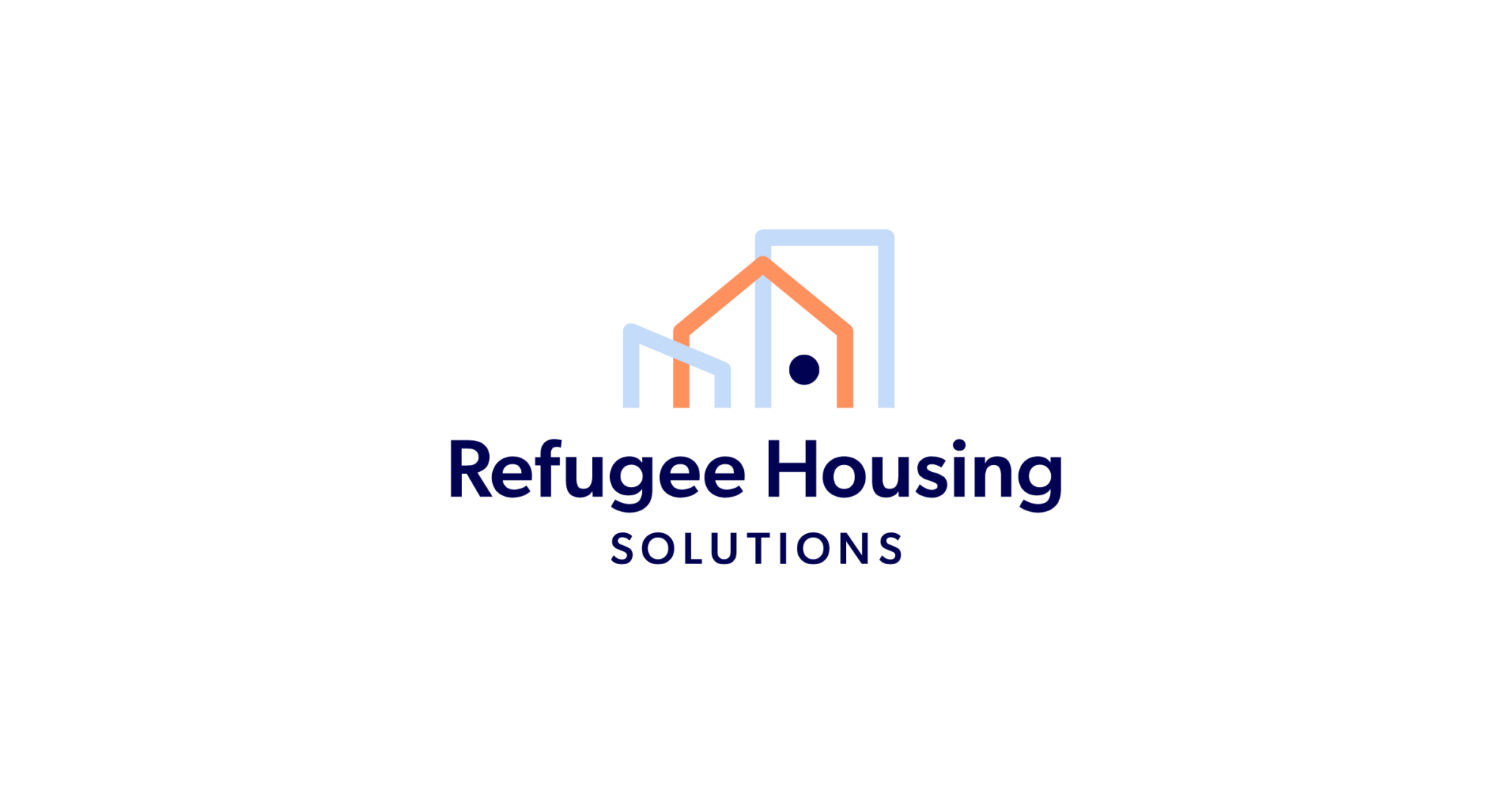Engagement

Facts about immigrants and refugees can be found on this page in addition to information on where to access resources and to provide the necessary support to newcomer families so that they’re able to thrive in the community, including volunteer & donation opportunities and grant opportunities.
Facts About Immigrants and Refugees

Who is considered an immigrant or a refugee?
An immigrant is a person who chooses to permanently move to a new country. A refugee is a person who is forced to flee their home country due to persecution, war, or violence.
What is the difference between an immigrant and a refugee?
An immigrant is someone who chooses to move to another country for various reasons, such as work, education, or family reunification. A refugee, on the other hand, is someone who is forced to flee their home country due to persecution, war, or violence and seeks asylum in another country.
Why do people immigrate to the United States?
People immigrate to the United States for various reasons, including economic opportunities, better living conditions, and family reunification.
What are some of the challenges that immigrants and refugees face?
Immigrants and refugees face a range of challenges when settling into a new country, including language barriers, cultural differences, discrimination, and lack of access to services. They may also face challenges in finding employment, securing housing, and accessing education and healthcare.
How can I support immigrants and refugees in my community?
You can support immigrants and refugees in your community by volunteering with local organizations that provide support services such as language classes, job training, and healthcare assistance. You can also donate to organizations that assist immigrants and refugees, advocate for policies that support immigrant and refugee rights, and learn about their experiences to dispel myths and misinformation. Finally, you can also offer friendship and support to individuals and families in your community who are newcomers.
Are refugees allowed to work in the United States?
Yes, refugees are allowed to work in the United States. They are eligible for work authorization and can obtain a Social Security number.
Can refugees bring their families with them to the United States?
Yes, refugees can apply to bring their immediate family members to the United States. However, the process can be lengthy and difficult.
How can I learn more about the experiences of immigrants and refugees?
You can learn more about the experiences of immigrants and refugees by attending community events, volunteering with local organizations, and reading books or watching films that explore their experiences.
How can I support policies that protect the rights of immigrants and refugees?
You can support policies that protect the rights of immigrants and refugees by contacting your elected officials, joining advocacy groups, and participating in protests and rallies.
How do refugees get resettled in a new country?
Refugees are resettled in a new country through the United Nations Refugee Agency (UNHCR) and the host country’s government. The UNHCR refers refugees to countries that have agreed to accept them for resettlement, and the host country’s government provides housing, healthcare, language assistance, and other necessary services to help them settle into their new home.
Do refugees receive financial assistance when they arrive in a new country?
Yes, refugees receive financial assistance in the form of resettlement allowances, which are designed to help cover initial expenses such as housing, food, and clothing. Additionally, refugees may be eligible for other forms of financial assistance such as medical and educational support.
Are immigrants and refugees a burden on the economy?
No, immigrants and refugees are not a burden on the economy. In fact, studies have shown that immigrants and refugees contribute to the economy through job creation, entrepreneurship, and increased consumer spending. Additionally, they often fill critical gaps in the workforce and bring diverse skills and experiences that benefit the economy as a whole. Immigrants and refugees bring diverse skills, perspectives, and experiences to the workforce, which can lead to innovation and economic growth. They also contribute to the economy by paying taxes, starting businesses, and creating jobs.
Are immigrants and refugees a threat to national security?
No, immigrants and refugees are not a threat to national security. In fact, studies have shown that immigrants and refugees are less likely to commit crimes than native-born individuals. Refugees undergo a rigorous screening process before they are resettled in a new country, which includes background checks and interviews with government officials. Refugees are also subject to continuous monitoring and surveillance after they arrive in their host country.
Can refugees return to their home country once they have been resettled in a new country?
It depends on the circumstances. Refugees are often unable to return to their home country due to ongoing conflicts or persecution. However, in some cases, refugees may choose to return to their home country once it is safe to do so or if they have been granted permission to visit by their host country’s government.
What is asylum?
Asylum is a legal status granted to individuals who have fled their home country and cannot return due to a well-founded fear of persecution based on their race, religion, nationality, political opinion, or membership in a particular social group. Asylum seekers must apply for asylum in the country where they seek protection.



























